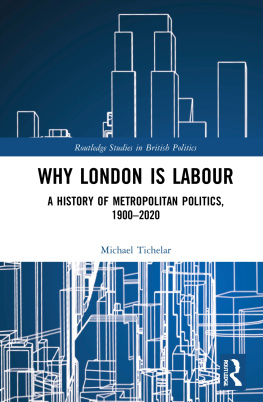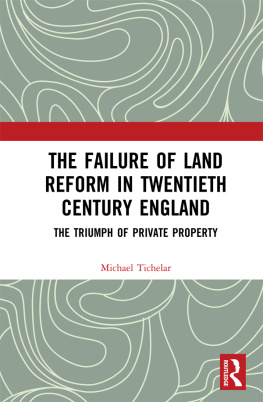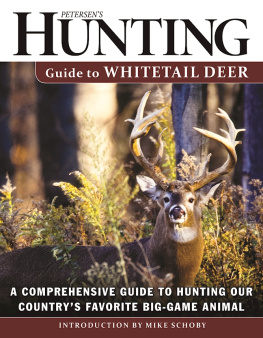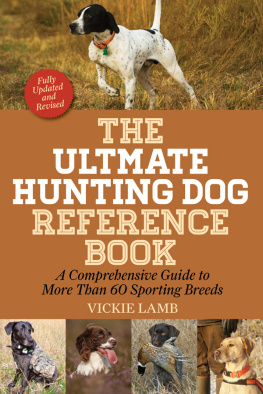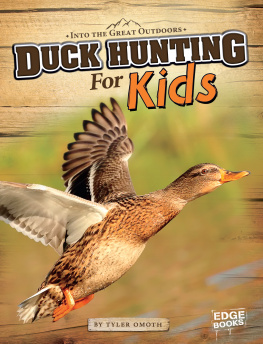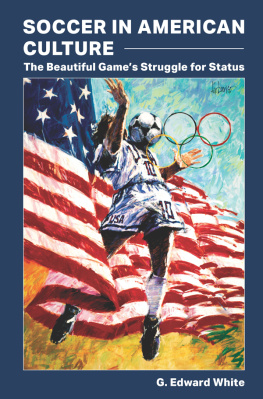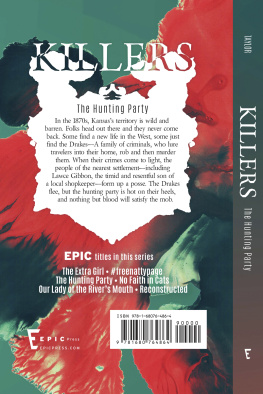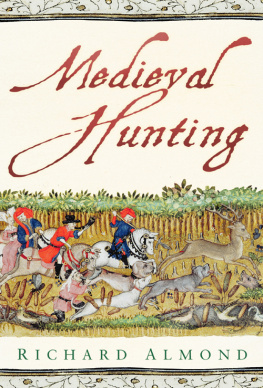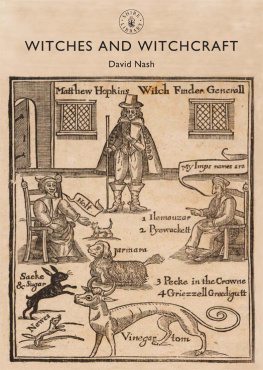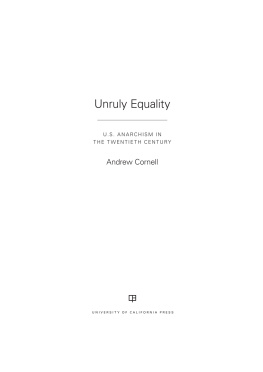
The History of Opposition to Blood Sports in Twentieth Century England
An interdisciplinary social history, this book examines the major pressures and influences that brought about the remarkable growth of opposition to hunting in twentieth century England. With public opinion consistently deciding from the middle of the century onward that hunting mammals for sport was cruel and unacceptable, it would appear that the controversy over hunting has all but been decided, though hunting yet remains at bay.
Based on a range of cultural, social, literary and political sources drawn from a variety of academic disciplines, including history, sociology, geography, psychology and anthropology, The History of Opposition to Blood Sports in Twentieth Century England accounts for the change in our relationship with animals that occurred in the course of the twentieth century, shedding light on the manner in which this resulted in the growth in opposition to hunting and other blood sports.
With evidence comprising a mixture of primary and secondary historical sources, together with documentary films, opinion polls, Mass Observation records, political party archives, and the findings of sociologists, political scientists, anthropologists and geographers, this book will appeal to scholars and students across the social sciences and historians with an interest in humananimal relations.
Michael Tichelar is a visiting research fellow in History at the University of the West of England, where he obtained his Ph.D. He is retired from academic life and a career in local government. He lives in Bath and is a psychotherapist working as a school counsellor. He has published a range of scholarly articles on the Labour Party and land reform, including two on the history of opposition to hunting in twentieth century England.
The History of Opposition to Blood Sports in Twentieth Century England
Hunting at Bay
Michael Tichelar
First published 2017
by Routledge
2 Park Square, Milton Park, Abingdon, Oxon OX14 4RN
and by Routledge
711 Third Avenue, New York, NY 10017
Routledge is an imprint of the Taylor & Francis Group, an informa business
2017 Michael Tichelar
The right of Michael Tichelar to be identified as author of this work has been asserted by him in accordance with sections 77 and 78 of the Copyright, Designs and Patents Act 1988.
All rights reserved. No part of this book may be reprinted or reproduced or utilised in any form or by any electronic, mechanical, or other means, now known or hereafter invented, including photocopying and recording, or in any information storage or retrieval system, without permission in writing from the publishers.
Trademark notice: Product or corporate names may be trademarks or registered trademarks, and are used only for identification and explanation without intent to infringe.
British Library Cataloguing in Publication Data
A catalogue record for this book is available from the British Library
Library of Congress Cataloging in Publication Data
Names: Tichelar, Michael, author.
Title: The history of opposition to blood sports in twentieth century
England: hunting at bay / Michael Tichelar.
Description: New York, NY : Routledge, 2017. | Includes bibliographical references and index.
Identifiers: LCCN 2016028573 | ISBN 9781138225435 (hardback) |
ISBN 9781315399782 (ebook)
Subjects: LCSH: HuntingMoral and ethical aspectsEnglandHistory 20th century. | HuntingEnglandPublic opinionHistory20th century. | HuntingPolitical aspectsEnglandHistory20th century.
Classification: LCC SK14.3. T53 2017 | DDC 639/.10942dc23 LC record available at https://lccn.loc.gov/2016028573
ISBN: 978-1-138-22543-5 (hbk)
ISBN: 978-1-315-39978-2 (ebk)
Typeset in Times New Roman
by Keystroke, Neville Lodge, Tettenhall, Wolverhampton
To Linda
Contents
PART I
The historical setting
PART II
From 1900 to 1970
PART III
The 1970s and thereafter
My reason for writing this book is twofold, one academic and the other personal. Academically, my interest in opposition to blood sports started when I was researching the history of the Labour Party and its policy on land reform. The early Labour movement was not opposed to hunting on the grounds of cruelty but objected to the unproductive use of land for the exclusive hunting of deer and foxes by aristocratic and plutocratic interests. Rural workers and miners jealously protected their right to hunt rabbits and hares for food or sport. This class-based criticism continues today (expressed as toffs on horses) but has been largely overtaken by a concern for animal welfare, if not an acceptance that wild animals may have rights and need to be protected.
On a personal level I, like many people, have experienced contradictory and paradoxical feelings towards animals. As a teenager and meat eater, I was taken on a school trip to visit a factory producing rabbit meat and was horrified by the way in which they were killed and processed. However, this did not make me a vegetarian. In later life I was mistaken for a hunt saboteur while organising a treasure hunt on the Quantock Hills in Somerset for a management development programme, whilst carrying a walkie-talkie and wearing a deer-stalking hat. I genuinely thought my life was at risk from the attentions of the followers of a stag hunt in a remote part of the hills. What struck me was the partisanship and vitriol that seemed to motivate blood sport enthusiasts. This book is an attempt to account for the historic change in public opinion on hunting during the course of the twentieth century, while reflecting the contradictions and paradoxes that characterise the controversy and our changing attitude to animals and nature.
I am very grateful for the help provided by the archivists, librarians and staff of the Bodleian Library in Oxford, the BBC Archives, the British Film Institute Archives, the Public Records Office, the Imperial War Museum, the Labour Party, the League Against Cruel Sports, the British Library of Political and Economic Science, Mass Observation in Sussex, the London Metropolitan University, the Royal Society for the Prevention of Cruelty to Animals, the Modern Record Centre at Warwick University, and the University of the West of England.
I am grateful to Cambridge University Press for permission to reproduce some passages from two of my articles that were published in Rural History, namely Putting Animals into Politics: The Labour Party and Hunting in the First Half of the Twentieth Century, Rural History (2006), 17, 2, pp. 213234; and A Blow to the Men in Pink: The Royal Society for the Prevention of Cruelty to Animals and Opposition to Hunting in the Twentieth Century, Rural History (2011), 22, 1, pp. 89113. These passages are included in .
I have benefited enormously from the expertise, knowledge and patience of a wide range of friends and colleagues. I owe a special debt of gratitude to Professor June Hannam (University West of England), Nick Abercrombie and my wife Dr Linda Watts, who all read chapters in draft and provided invaluable feedback and ideas, and to Ruth Richardson, who read certain chapters in draft. Mike Huskisson, Steven Hunt and Steve Poole gave detailed comments on the chapter on hunt saboteurs, and Andy Graham provided useful feedback on the chapter on visual culture. My friends Les Tocknell and Dave Hicks helped in clarifying a number of points during our long walks in the countryside. I would also like to thank the anonymous reader from Routledge whose helpful comments on the focus and scope of the book were taken on board, and the editorial staff who provided sound and timely advice. Finally, my greatest debt of gratitude goes to my wife Linda Watts, who encouraged me to keep going in writing a book without a commission or a deadline.


